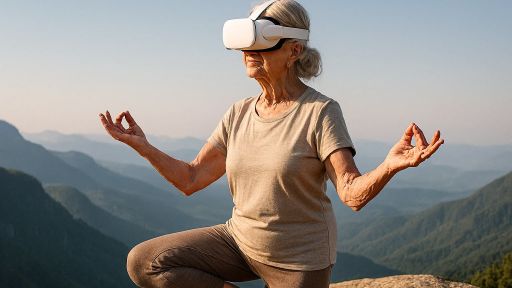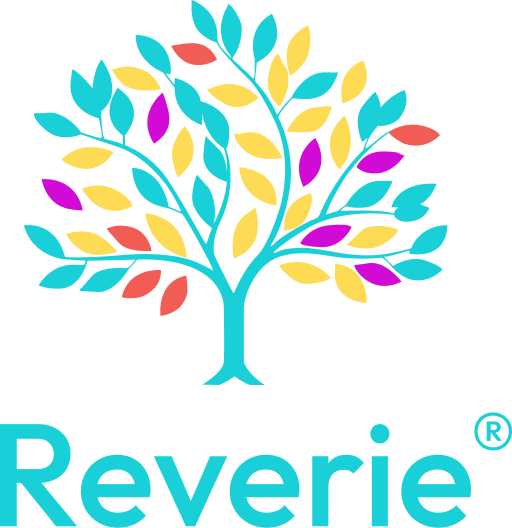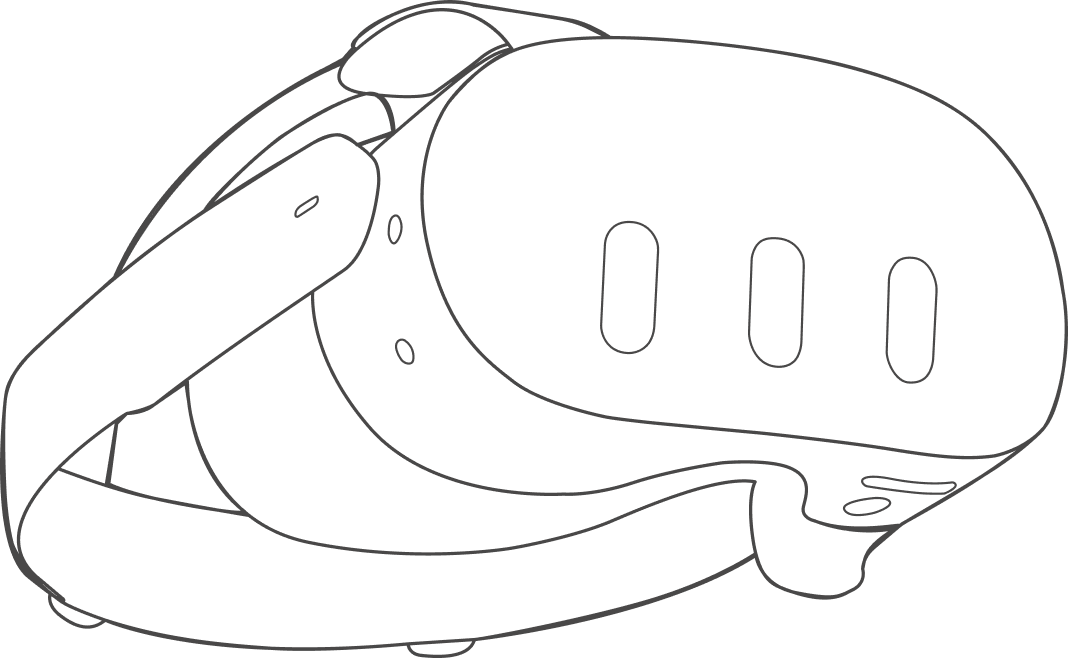
24/04/2025 10:43 am
Lift Resident Mood Daily with Reverie VR Tips
Improving the Daily Mood of Dementia Residents: Practical Reverie VR Techniques for Carers
In dementia care, the emotional tone of each day can vary greatly. Some days are calm and pleasant—others are challenging, with anxiety, restlessness, or sadness clouding interactions. As a professional carer, your ability to respond to these emotional shifts is critical. Reverie VR offers you a powerful, practical tool to support and uplift residents’ moods, helping to create more peaceful, enjoyable days for everyone involved.
Why Mood Management Matters
Emotional wellbeing has a direct impact on the quality of life for people living with dementia. A distressed mood not only increases the likelihood of behavioural symptoms but can also affect appetite, sleep, cooperation, and social engagement. While medications are sometimes used to manage mood, non-pharmacological interventions like Reverie VR are now preferred as first-line responses to emotional and behavioural changes.
Introducing Reverie VR for Mood Support
Reverie VR is a therapeutic virtual reality experience that immerses residents in calming, uplifting 360-degree environments. From a sunlit forest walk to a gentle shoreline, these visualisations are carefully curated to promote emotional calm, trigger pleasant memories, and foster a sense of comfort and belonging—all of which are powerful tools for mood regulation.
How Reverie VR Improves Daily Mood in Dementia Residents
Calms Agitation and Anxiety
Short VR sessions featuring gentle scenery or familiar places can rapidly reduce visible signs of distress, such as pacing, fidgeting, or verbal outbursts. These experiences help regulate residents’ emotions and restore a sense of calm.
Lifts Low Mood and Apathy
For residents showing signs of withdrawal or disengagement, visually stimulating and emotionally positive scenes can gently reawaken interest in their surroundings and increase interaction with carers and peers.
Supports Structured Daily Routines
By integrating Reverie VR into daily care routines—particularly during transitions such as waking, mealtimes, or evenings—you create predictable moments of calm that anchor residents emotionally and mentally.
Evidence-Based Benefits of VR on Mood in Dementia Care
Reduction in Agitation and Aggression:
BMC Geriatrics found that immersive VR significantly reduced signs of distress and behavioural disruptions in care home settings (Moyle et al., 2018 - bmcgeriatr.biomedcentral.com).Improved Daily Mood and Engagement:
A study in JMIR Serious Games reported that residents who received regular VR sessions experienced consistent mood improvements, with increased engagement and alertness during and after sessions (Appel et al., 2020 - games.jmir.org).Increased Interaction and Positivity:
Frontiers in Psychology highlighted how personalised VR experiences led to increased communication and signs of happiness in dementia residents, enhancing daily mood and sociability (Manera et al., 2016 - frontiersin.org).
Practical Techniques for Using Reverie VR to Improve Mood
Morning Calm Sessions
Begin the day with a gentle nature scene to reduce confusion and start with a peaceful mindset.Afternoon Stimulation
Use more visually engaging content—like a familiar town square or flower garden—when residents may feel fatigued or disengaged.Evening Wind-Down
Offer serene scenes before bed to help ease transitions to night-time routines and support better sleep.Responsive Use During Upset
If a resident is visibly distressed, offer a brief session in a quiet space to help calm emotions before escalation.Pair With Conversation
Encourage residents to talk about the scenery. Ask soft questions like, “Does this remind you of anywhere?” or “How does this make you feel?”
Benefits for Carers
Eases Daily Challenges: Quick, effective emotional regulation reduces the frequency and severity of difficult behaviours.
Strengthens Resident Relationships: Positive shared experiences help build trust and rapport.
Boosts Staff Morale: Seeing residents calm and happy is deeply rewarding and reduces emotional burnout.
Demonstrates Care Excellence: Using tools like Reverie VR showcases your skills and dedication to person-centred care.
Conclusion
Managing daily mood swings in dementia care doesn’t have to be reactive or overwhelming. With Reverie VR, you gain a gentle, flexible, and scientifically backed tool to help residents feel more settled, engaged, and content. Used consistently and thoughtfully, it makes daily life better for residents—and for you.
Interested in learning more?
To learn more about how Reverie VR can transform your admissions process and improve resident outcomes, please contact our team for a personalised consultation.

23/04/2025 2:06 pm
Future-Proof Dementia Care Delivery with Reverie VR
The future of dementia care is not just about keeping pace with industry expectations—it’s about staying ahead. As a care home owner, you know that delivering outstanding care today is only part of the challenge. You also need to prepare for evolving resident needs, increasing regulatory scrutiny, and growing expectations from families. By embracing tools like Reverie VR, you’re not just enhancing current standards—you’re future-proofing your care home with a forward-thinking, evidence-backed solution.



Get in touch & book a demo
For more information or to arrange a free demo please get in touch by pressing the button below.
